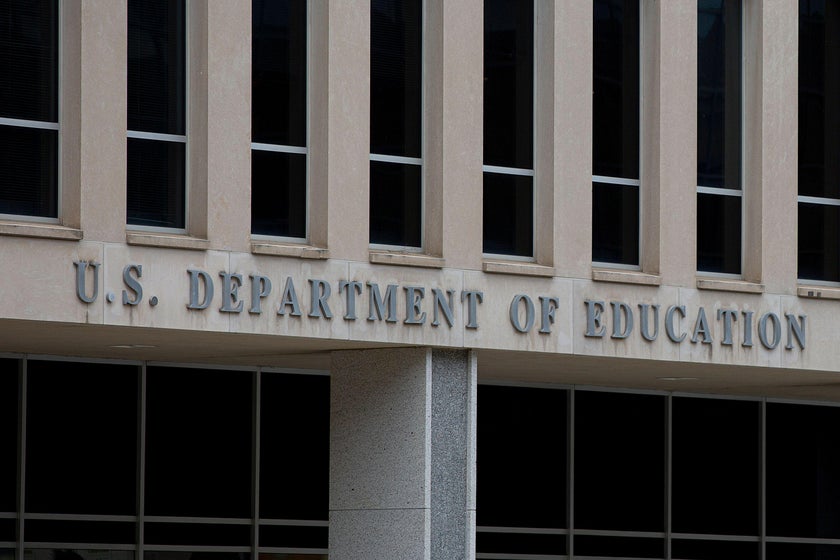
Joe Biden promised us an FDR-sized presidency—starting with bold action to halt the spread of COVID-19, end the worst economic downturn in decades, and stop the climate crisis. Biden could use regulation and executive action to move quickly to decarbonize the economy, cancel student loan debt, and raise wages. But a Biden administration has an even bigger problem than two long-shot special elections in Georgia: the new 6–3 conservative majority on the Supreme Court may soon burn down the federal government’s regulatory powers.
At least five conservative justices have signaled that they are eager to revive the “non-delegation doctrine,” the constitutional principle that Congress can’t give (“delegate”) too much lawmaking power to the executive branch. On paper, the rule requires Congress, when delegating power to an agency, to articulate an “intelligible principle” (like air pollution regulation needed “to protect public health”) to guide the agency’s exercise of that power. But in practice, the nondelegation doctrine is effectively dead. The court has only struck down two statutes on nondelegation grounds—and none since 1935.











I am not sure what that means. Does that mean that the president cannot put people in charge of agencies that he trusts. like Trump did? If so, that would not be fair to Biden at all.